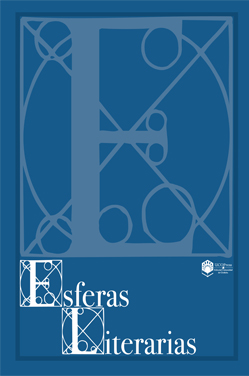Unrequited love as a classical topos in Eugene O'Neill's «Beyond the horizon»
Contenido principal del artículo
Resumen
Many of Eugene O’Neill’s characters deal with the complications of love. That is, declarations of love are not necessarily reciprocated. When this is the case, the lovers suffer unrequited love, which has been a frequent topos in classical as well as modern texts. Unrequited love encompasses three stages: the rejection, betrayal, or death of the beloved; the lover’s frustration; and finally, his or her reaction to the issue. This article, after presenting a short history of this topos, examined in a selection of classical texts, attempts to study the role it plays in Eugene O’Neill’s tragedy Beyond the Horizon (1918). It is argued that unrequited love as it appears in this play reflects the classical stages of the topos. O’Neill’s characters, like Virgilian lovers, are moderate, patient and reserved in face of their one-sided love. Like Virgil’s Gallus, they consider escape to be the only remedy for their suffering. In the play, Andrew can overcome the hardships of an unrequited love through distance, while Robert’s family duties prevent him from doing so, which renders him lovesick and eventually causes his death. causes his death.




